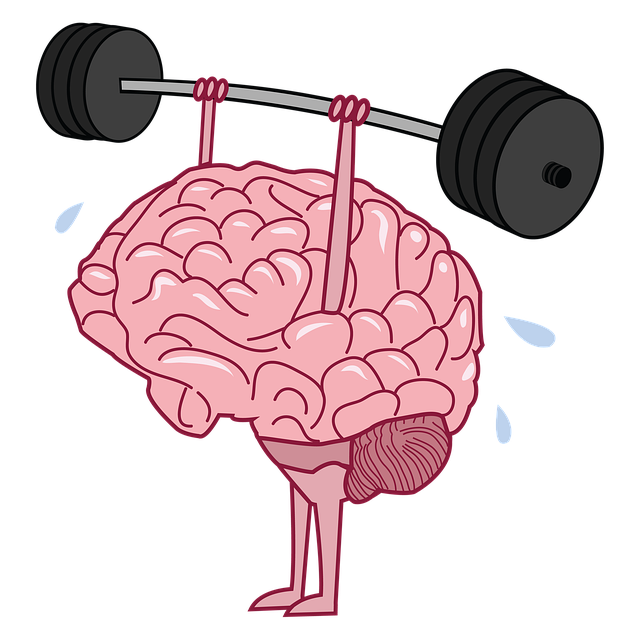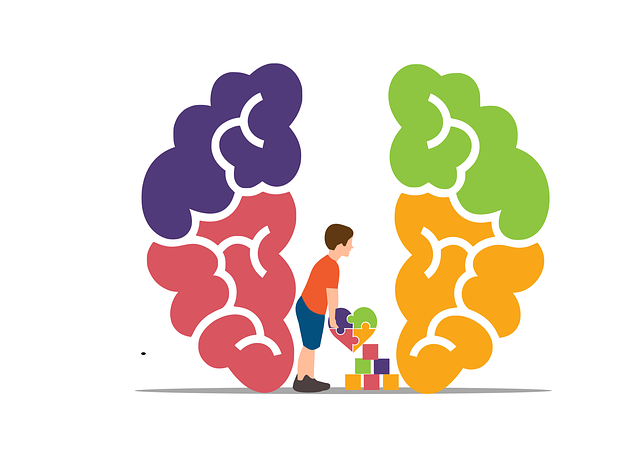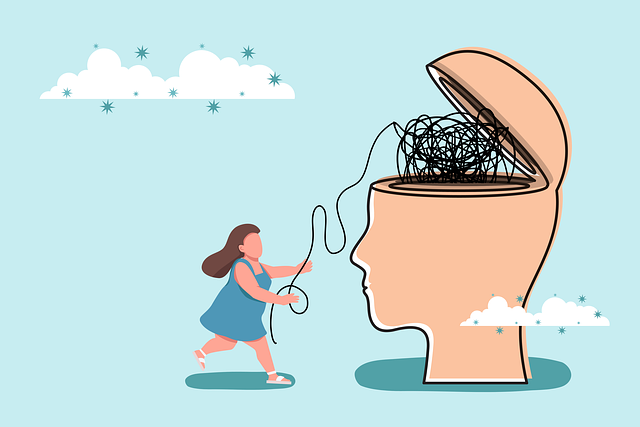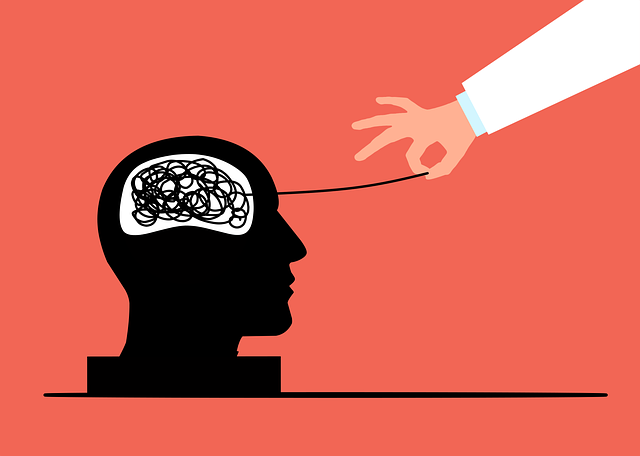Mental health policies are crucial in supporting vulnerable populations, particularly elders and first responders, by providing tailored therapy addressing age-related mental health issues and stress management techniques. These policies aim to combat stigma, promote cultural sensitivity, and equip professionals with tools for effective crisis intervention, ultimately enhancing service quality and community well-being. Advocacy involves securing funding, raising awareness, and implementing holistic approaches that integrate therapy with overall improvements in elders' and first responders' mental health and social skills.
Mental health policy plays a pivotal role in fostering well-being, especially for vulnerable populations like elders and first responders. This article delves into the intricate relationship between mental health legislation and its tangible impact on these groups. By examining the current landscape, we uncover challenges such as financial barriers, stigma hindering access to therapy for elders, and unique stressors affecting first responders. We propose advocacy strategies, including awareness campaigns, insurance reforms, and specialized programs, to advocate for policy changes that prioritize therapy for elders and first responders, ensuring their mental health is nurtured and supported.
- Understanding Mental Health Policy and Its Impact on Elders and First Responders
- – Definition of mental health policy
- – Significance of focusing on elders and first responders
Understanding Mental Health Policy and Its Impact on Elders and First Responders

Mental health policies play a pivotal role in shaping support systems for vulnerable populations, particularly focusing on elders and first responders. These groups often face unique challenges that require tailored interventions. For elders, access to therapy for age-related mental health issues, such as depression or cognitive decline, can significantly improve their overall well-being and quality of life. Effective policies advocate for increased availability of specialized services, addressing the potential stigma associated with seeking help and ensuring cultural sensitivity in treatment approaches.
Similarly, first responders, including police officers, firefighters, and paramedics, are at high risk of developing mental health disorders due to the nature of their work. Implementing social skills training and crisis intervention guidance tailored for these professionals can foster resilience and enhance coping skills development. Such initiatives recognize the value of equipping first responders with the necessary tools to manage stress, trauma, and potential psychological injuries, thereby improving not only their mental health but also the quality of services they provide to the community.
– Definition of mental health policy

Mental health policy refers to a set of guidelines, regulations, and initiatives designed to promote, protect, and ensure the mental well-being of individuals within a given population, often focused on specific groups such as elders or first responders. These policies encompass various strategies aimed at prevention, early intervention, treatment, and recovery support for mental health conditions. By prioritizing mental health, these policies seek to reduce stigma, improve access to care, integrate therapy for elders and first responders, and incorporate evidence-based practices like mindfulness meditation for stress management and depression prevention.
Effective mental health policy advocacy is crucial in addressing the unique challenges faced by vulnerable communities. It involves lobbying for increased funding, raising awareness about mental health issues, and ensuring that services are inclusive, accessible, and tailored to the specific needs of elders and first responders. Through policy analysis, stakeholders can identify gaps in current services, advocate for evidence-based interventions like stress management techniques, and promote holistic approaches that consider not just therapy but also overall well-being and quality of life.
– Significance of focusing on elders and first responders

In the realm of mental health policy analysis and advocacy, a significant focus on elders and first responders is paramount. These individuals often carry the weight of traumatic experiences, whether it’s the challenges faced by elderly adults coping with age-related changes or the profound psychological impacts endured by first responders during high-stress situations. Providing tailored therapy for Elders First Responders becomes crucial in addressing their unique needs. Incorporating Empathy Building Strategies and Social Skills Training within mental health services can foster a sense of belonging and understanding, enhancing their overall well-being.
Through Mental Health Policy Analysis and Advocacy, it’s essential to recognize the gaps in current support systems for these vulnerable populations. By advocating for evidence-based interventions and accessible resources, we can ensure that elders and first responders receive the necessary care. This includes promoting policies that prioritize their mental health, making Social Skills Training and other therapeutic approaches more readily available, and fostering a culture of support within communities to better address their specific challenges.
Mental health policy plays a pivotal role in ensuring the well-being of our society’s most vulnerable populations, especially elders and first responders. By implementing targeted initiatives and advocating for accessible therapy for elders and first responders, we can significantly improve their mental resilience and overall quality of life. Recognizing the unique challenges they face is essential to fostering a supportive environment and promoting community health. Through continuous analysis and advocacy, we can drive positive change, ensuring these individuals receive the care and support they deserve.










